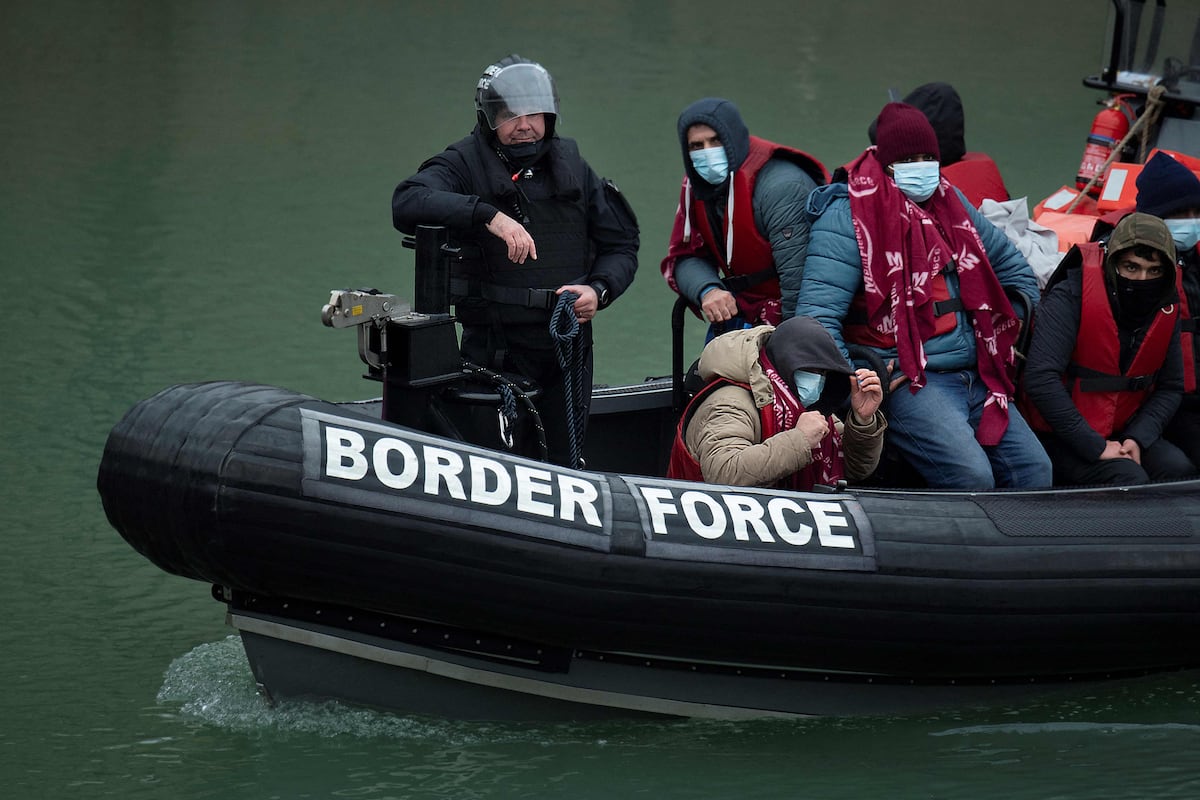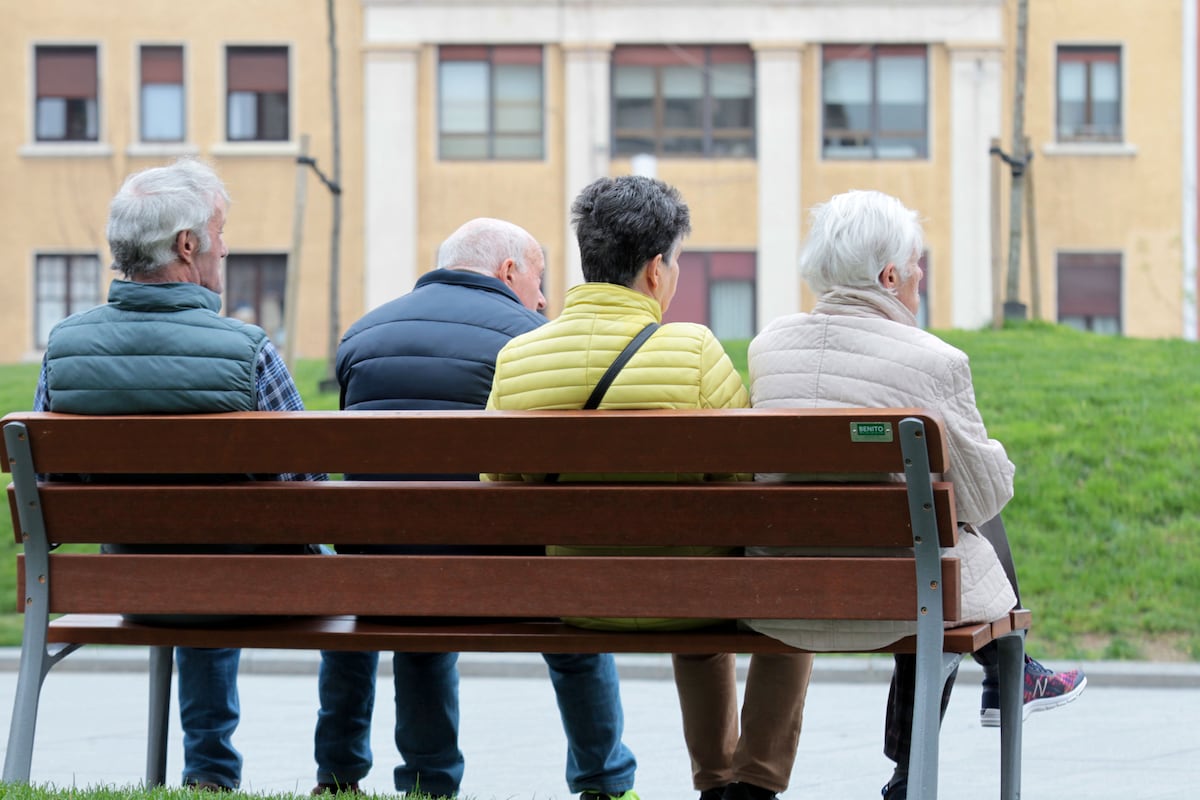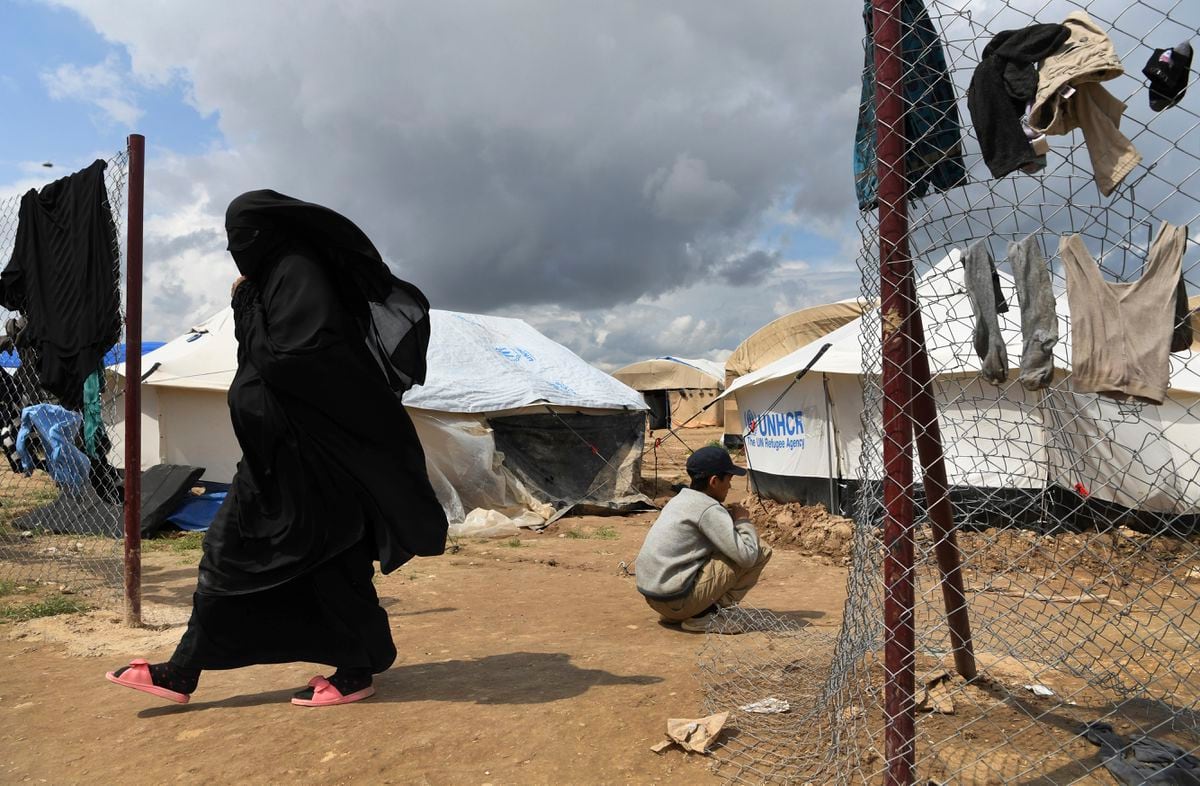They knew it would be perilous, but Jinan Al Salya and her family decided to heed Israeli directions to evacuate the northern Gaza Strip and head south. They hadn’t gone far on Saturday, she said, when they came under fire.
They fled their car before a shell hit it, sending it and their luggage up in flames, Ms. Al Salya, 20, said in a telephone interview. The family returned north on foot, walking between bloody bodies sprawled along the road, she said.
“It was a horror situation,” she said. “I’m in total shock.” Ms. Al Salya said she believed the shell that hit the car had been fired by an Israeli tank; the Israeli military declined to comment on the incident.
Despite intensifying Israeli ground operations, continued air and artillery strikes, a mounting death toll and a critical lack of resources, hundreds of thousands of people remain in northern Gaza. In interviews, some who have chosen to stay say the trip is too dangerous, or the way has been blocked, or that the south, also being bombed, seems no safer, despite Israeli assurances. For some, the indignities of forced displacement are too much to bear.
Even some foreign-passport holders and dual nationals who are being allowed to leave Gaza say they will not take the deadly risks involved in getting to the only exit, the Rafah border crossing into Egypt. That includes Ms. Al Salya and her family, who are British Palestinians living in Jabaliya, a built-up refugee camp just north of Gaza City, where some of the most intense ground combat has taken place. She said they hope to try again.
Ahmed Ferwana, who lives in the Al Shati camp a short distance to the west, is a Swiss national and was on the list of those who could have left the territory last week, but he thought it was too dangerous to venture to Rafah, about 25 miles away.
“I don’t want to walk to death with my own legs,” he said in a telephone interview on Sunday.
Hours later, his neighborhood was hit by heavy airstrikes that he said lasted all night. Videos on social media and verified by The New York Times showed that an entire block was leveled. It was the most difficult night of the war, Mr. Ferwana said later. But still, he felt it was “better to die at home than to die on the street.”
Asked about reports Israeli troops had fired on civilians on the road, the Israeli military said in a statement that it had been targeting Hamas throughout the Gaza Strip and that its strikes on military targets were subject to international law, including taking “feasible precautions to mitigate civilian casualties.”
The Gazan interior minister, Iyad al-Bazam, said on Tuesday that 900,000 people remained in northern Gaza, and that Jabaliya and Al Shati were the most densely populated areas. David Satterfield, U.S. special envoy for Mideast humanitarian issues, estimated on Saturday that at least 350,000 to 400,000 people remained in northern Gaza.
Others have chosen to head south despite the risks. The Israeli military, having cut off northern Gaza from the south, said it was offering four-hour windows for residents to head south safely in recent days.
About 5,000 people used that lull to make the trip on Monday through areas held by Israeli troops, United Nations monitors said. They trudged south on foot, carrying their small children and belongings.
On Tuesday, an Israeli military spokesman posted footage on X of a caravan of Gazans heading south on foot and waving white flags. The Israeli military has also claimed that Hamas has been physically hindering people’s movement to the south, which Hamas has denied.
Others have left the north only to come back. Bushra Khalidi, Oxfam International’s policy lead for the Palestinian territories, said that her in-laws were among the many people who had abandoned their homes in Gaza City, only to return. In their case, the place where they had sought refuge, in central Gaza, received an evacuation order from the Israeli military.
“My father-in-law said ‘I’d rather die with dignity in my own home than die in a stranger’s house,’” she said.
Their neighborhood, Rimal, once an elegant part of the city, has been pummeled by airstrikes. They are alternating between nights at home and camping out near Al Shifa Hospital, along with tens of thousands of other displaced people, Ms. Khalidi said.
Many Palestinians had hoped the hospital and the adjacent area would be spared, but there have been Israeli strikes there, too, including one on Friday that the hospital chief, Dr. Mohammad Abu Salmiya, said killed 13 people. The top floor of one hospital building was hit on Monday, killing a child and wounding 10 others, he said.
Israel has charged that Hamas is operating a command center underneath Al Shifa, which is the territory’s largest hospital; Hamas denies that.
“We won’t leave the hospital no matter what happens,” Dr. Abu Salmiya said.
Israel has besieged Gaza since the Oct. 7 Hamas-led attacks in Israel, allowing only limited deliveries of food, water and medical supplies through the Rafah crossing — far less than humanitarian groups say is needed.
Conditions are worst in the north, where almost no aid has been delivered. And Israel has not allowed any fuel into Gaza, despite its importance to operating water and hospital equipment, the territory’s only power plant, delivery trucks, ambulances and generators.
Ms. Khalidi stressed that without a cease-fire, there was no way to safely deliver aid anywhere in the territory.
“How are humanitarian workers supposed to deliver aid when there’s bombings, the roads are damaged and we have direct evidence of indiscriminate attacks?” she said.
Arijeta Lajka, Riley Mellen, and Iyad Abuheweila contributed reporting.








